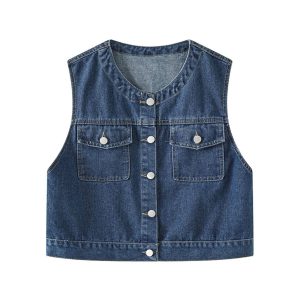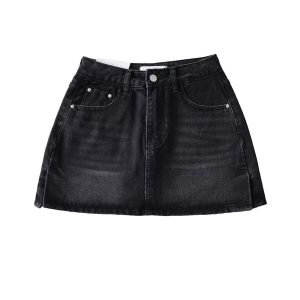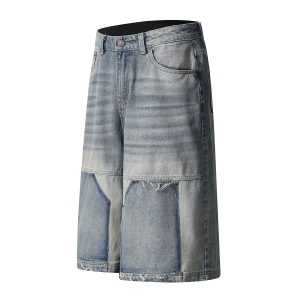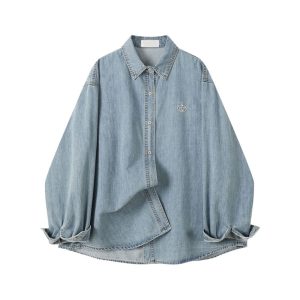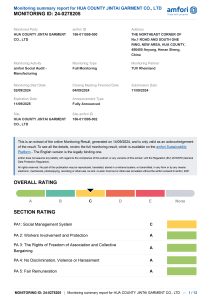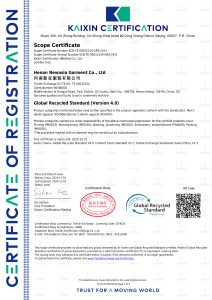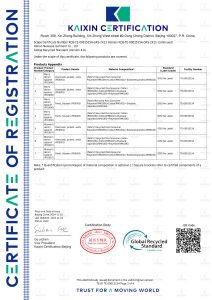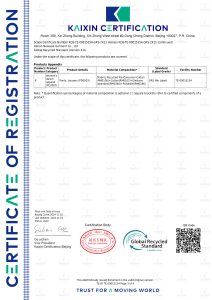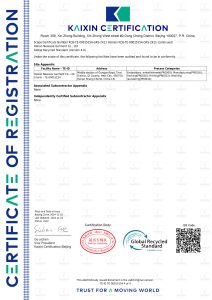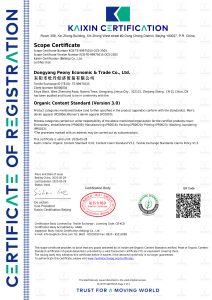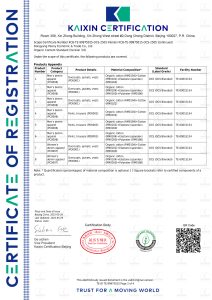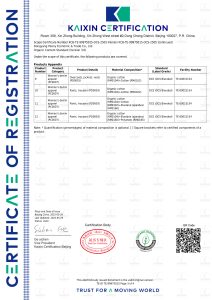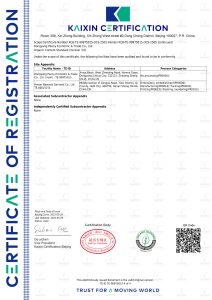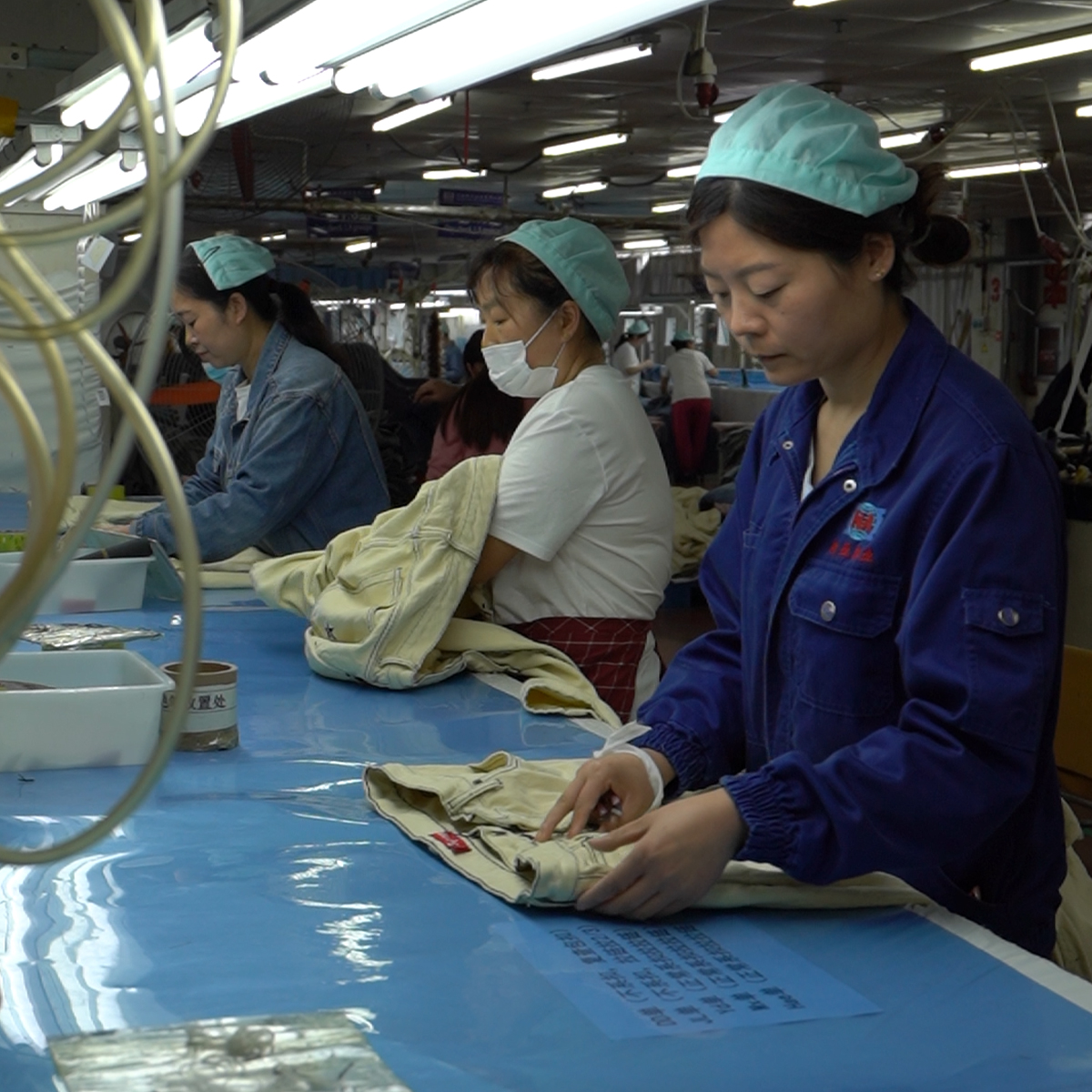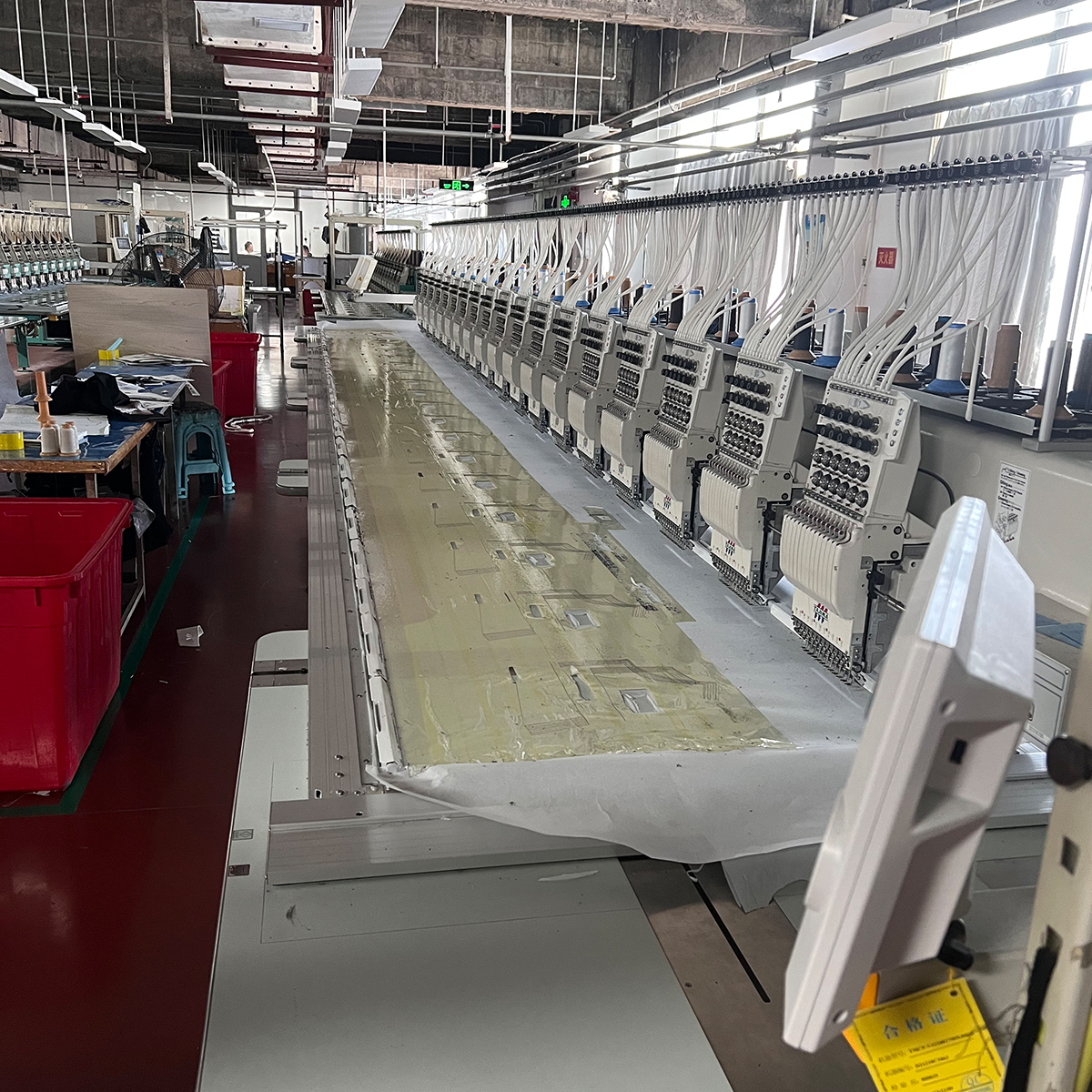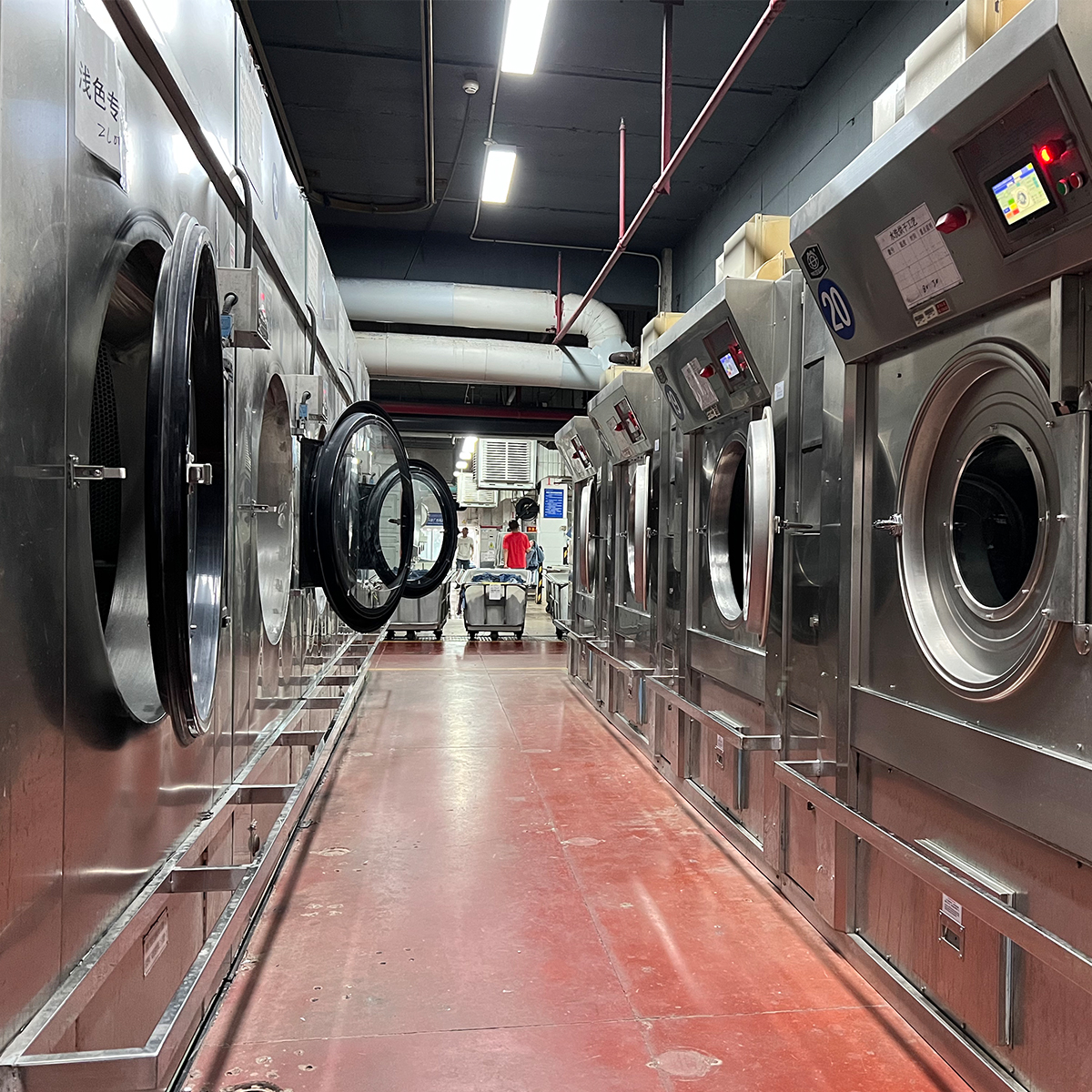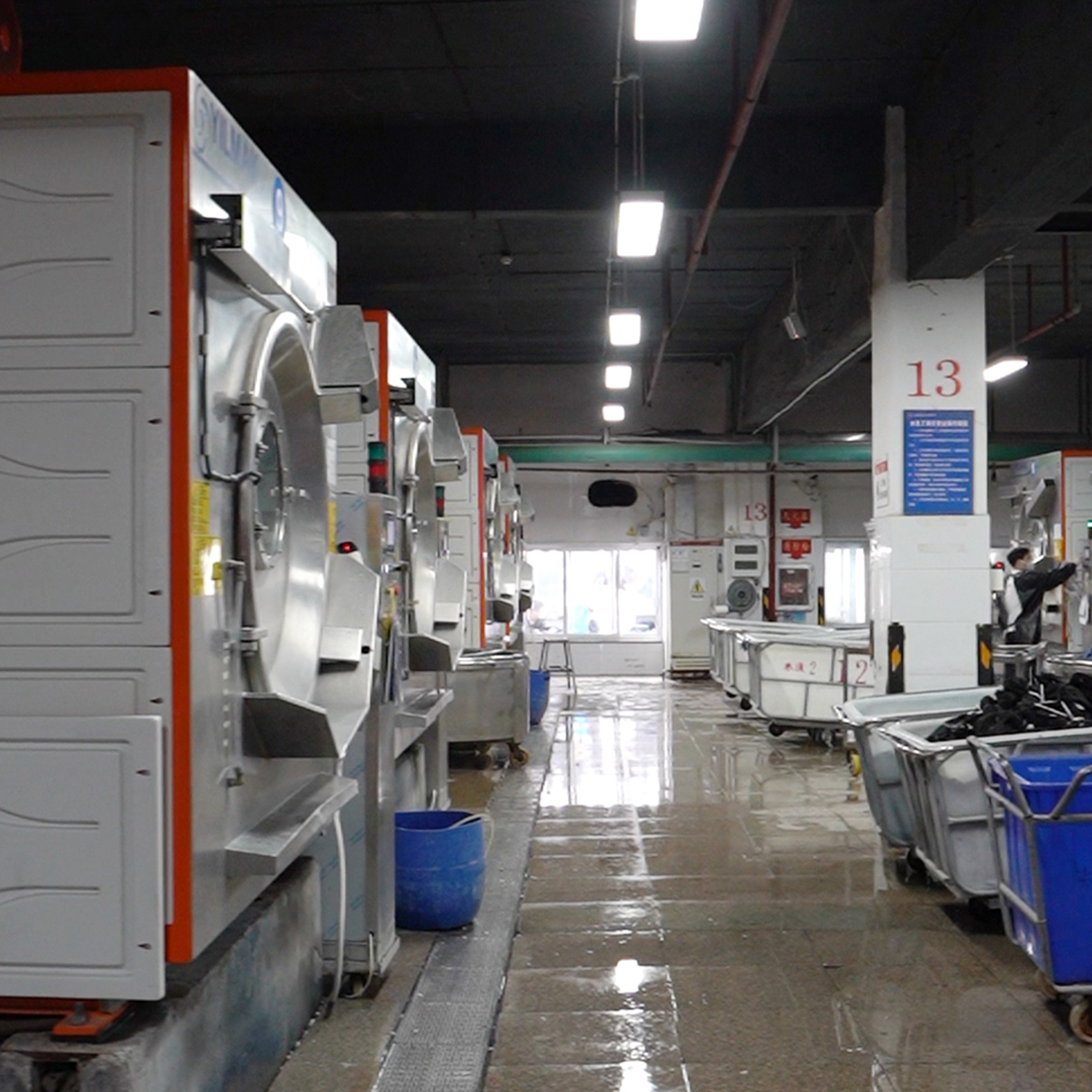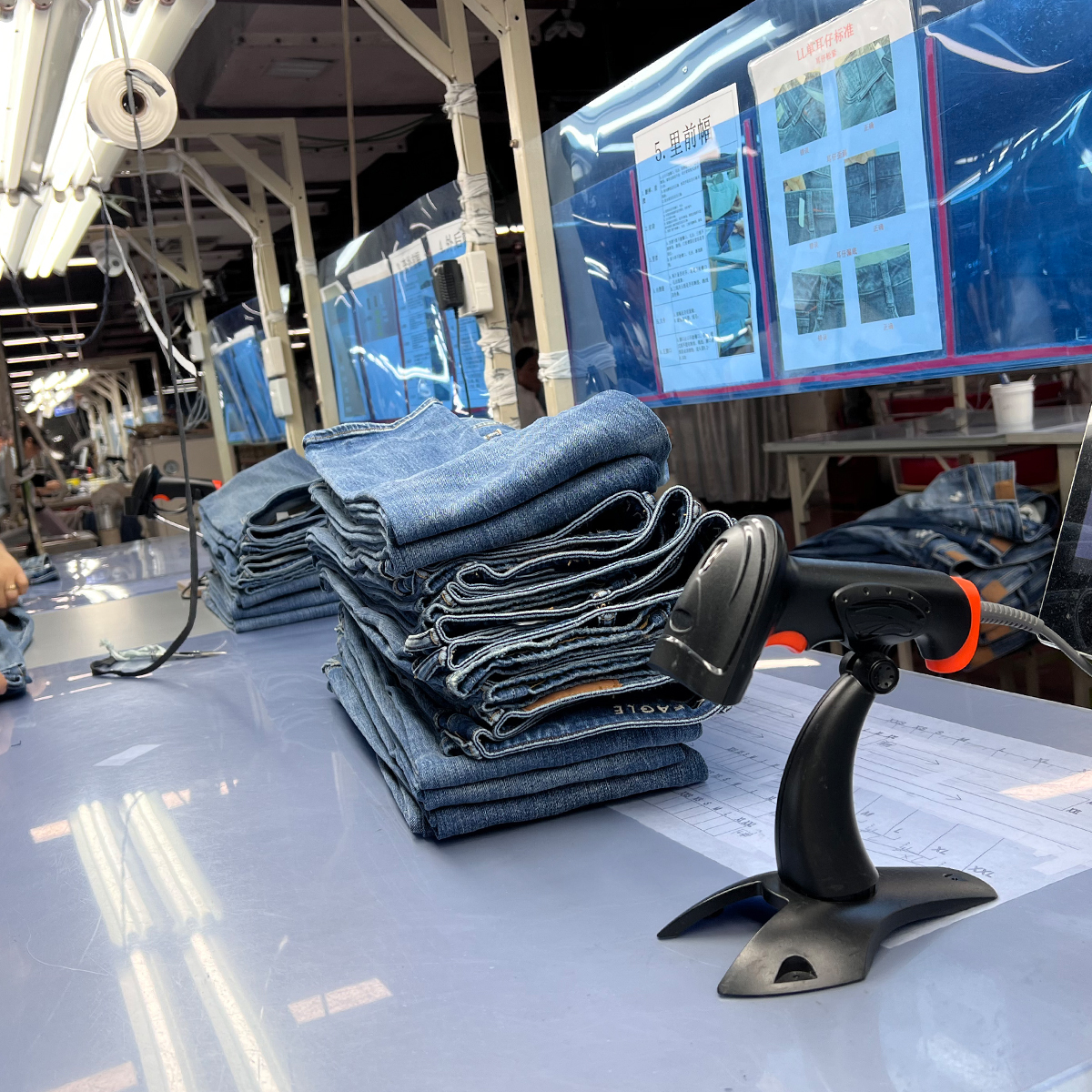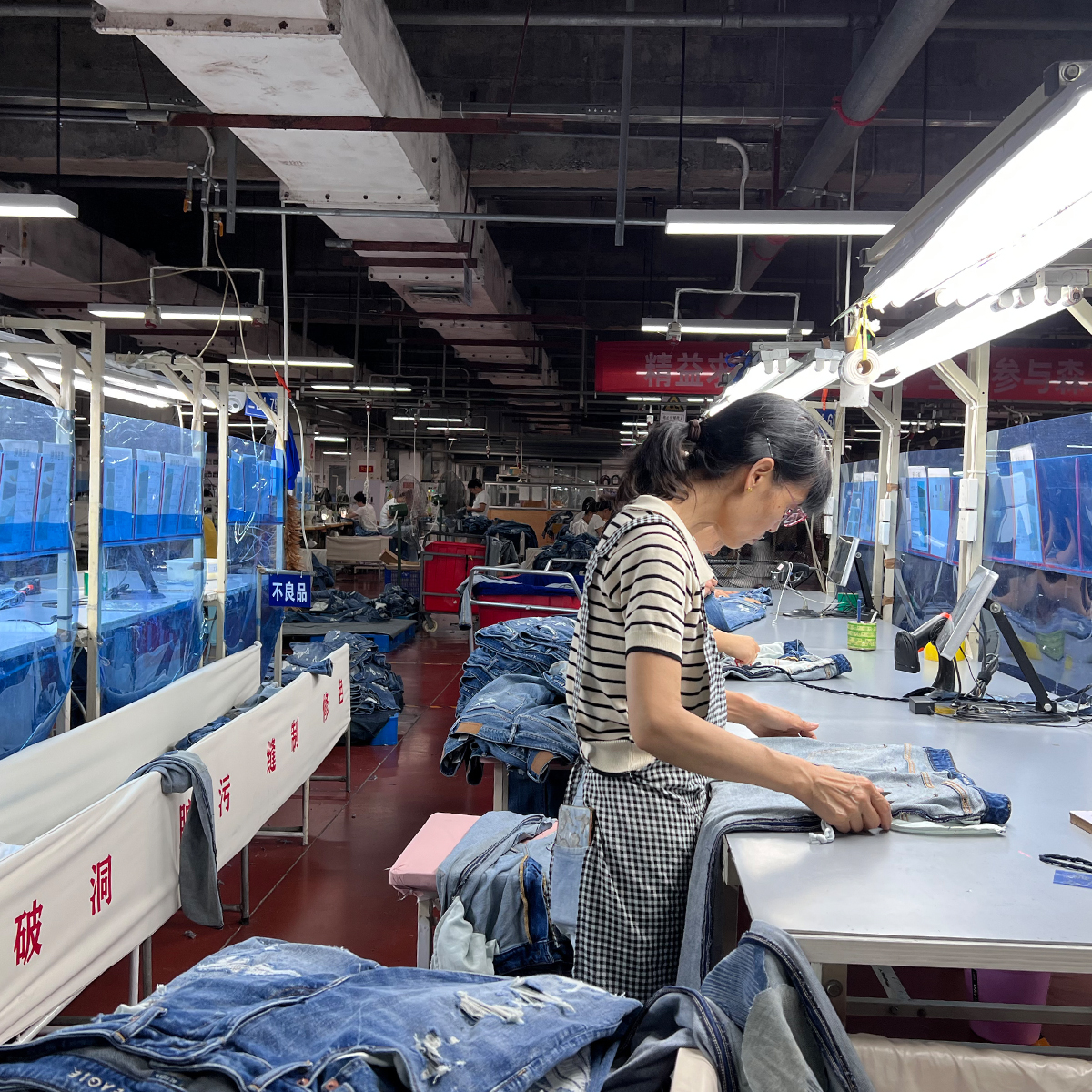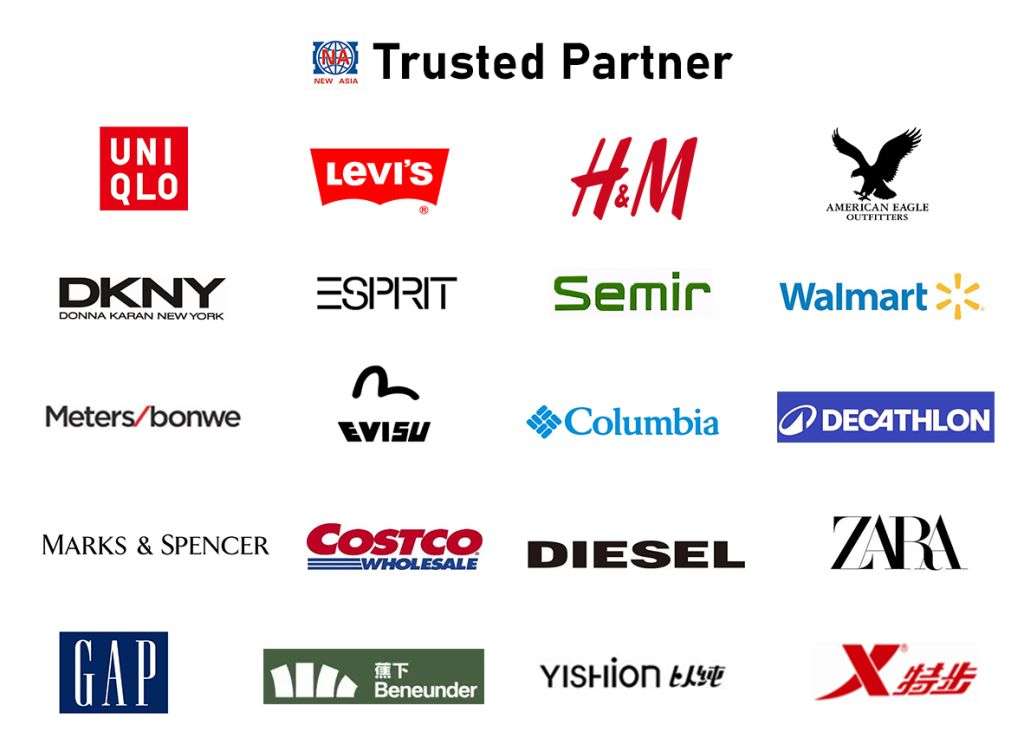The world of fashion retail is constantly evolving, with brands striving to maintain their competitive edge through agility and quality. One brand that stands out in the denim market is Zara, known for its trendy designs and affordability. If you’re looking to source jeans that carry the Zara label or similar styles, understanding how to find reliable suppliers is key. This article will delve into the steps, tips, and considerations for sourcing quality Zara jeans suppliers, ensuring you can cater to your customer’s fashion needs efficiently.
Why Zara Jeans?
Zara has carved a niche for itself in the fast fashion industry. Their jeans are not only stylish but also cater to a range of customer preferences. The allure of Zara jeans lies in their popular fits, varied styles, and affordability. For retailers, becoming a supplier for Zara-style products can offer a significant advantage in meeting consumer demand.
Identifying Target Customers
Before searching for suppliers, it’s crucial to understand your target audience. Are you catering to teenagers, adults, or a specialized niche? Identifying your customer demographics will help narrow down the styles and fits of jeans you should focus on when sourcing your suppliers. Conducting market research or surveys can provide valuable insight into consumer preferences.
Where to Find Zara Jeans Suppliers
Finding the right suppliers may seem challenging, but several channels can lead you to potential partners. Here are some effective methods:
1. Trade Shows
Attending fashion and textile trade shows is one of the most effective ways to find reputable suppliers. Events like the Messe Frankfurt or MAGIC in Las Vegas showcase numerous manufacturers and distributors. It allows you to connect directly, assess product quality, and negotiate terms face-to-face.
2. Online Marketplaces
Websites like Alibaba, Global Sources, and Maker’s Row feature numerous suppliers offering denim products, including jeans inspired by Zara’s designs. When using these platforms, focus on suppliers with high ratings and positive reviews. Examine their company profiles, product catalogs, and request samples to evaluate quality.
3. Wholesale Directories
Wholesale directories like SaleHoo and Wholesale Central can be vital resources. These directories provide lists of verified suppliers, assisting you in making informed decisions. You can filter by product type, ensuring you find suppliers specifically offering jeans.
Evaluating Potential Suppliers
Once you have identified potential suppliers, it’s time to evaluate their reliability and quality. Here are some essential factors to consider:
1. Quality of Products
Request samples before placing bulk orders. Assess not only the fabric quality but also the finish and stitching. Zara jeans are known for their attention to detail, so ensure the products embody similar standards.
2. Minimum Order Quantities (MOQs)
Suppliers often have minimum order quantities, which could be a barrier for smaller retailers. Analyze the MOQs of different suppliers and choose one that aligns with your business capacity. Some suppliers may be more flexible, allowing smaller orders which can help you test new styles without a substantial financial commitment.
3. Pricing and Payment Terms
Compare prices from various suppliers to ensure you’re getting a fair deal. Remember that while searching for the lowest price is tempting, the quality should not be compromised. Additionally, inquire about payment terms. Most suppliers will accept a deposit before shipment, but it’s essential to understand their payment conditions to ensure transparency.
4. Shipping and Delivery
Consider the logistics of shipping and delivery times. Issues here can lead to unsatisfied customers and lost sales opportunities. Discuss shipping options and expected delivery timelines to set realistic expectations.
Building a Long-Term Relationship with Suppliers
Once you’ve chosen and worked with a supplier, the next step is to foster a strong business relationship. A harmonious relationship with suppliers can yield various benefits:
1. Open Communication
Put systems in place for open communication. Regularly check in with your suppliers, not just when placing orders. Building rapport can lead to better service, such as priority handling in times of need or even insights on upcoming trends.
2. Feedback
Don’t hesitate to provide feedback. If a batch doesn’t meet your quality standards, address these issues transparently. Most suppliers appreciate constructive criticism and will work to rectify issues to maintain a positive relationship.
3. Negotiating Terms
As your partnership solidifies, you might find opportunities to negotiate better terms or exclusive designs. Building a trustworthy relationship allows for more flexibility in your dealings, benefiting both parties.
Keep Up with Trends
The fashion industry is ever-changing. Staying updated on trends will help you make informed decisions when sourcing jeans and placing orders with suppliers. Follow fashion blogs, social media influencers, and attend fashion events to gauge what styles are trending. This ensures that whatever jeans you acquire are not only in demand today but remain relevant in the future.
Utilizing Online Reviews and Social Media
In today’s digital world, consumer feedback is crucial. Use platforms like Instagram and Pinterest to see how people are styling their denim looks. Reviews on online marketplaces can also give you a sense of trends and consumer satisfaction. Look for labels or specific styles that are gaining popularity to ensure your offerings match consumer demand.
Marketing Your Zara Jeans Collection
Once you have curated your jeans collection, the next challenge is marketing them effectively. Here’s how you can promote your products:
1. Social Media Marketing
Leverage platforms like Instagram and TikTok, where fashion is showcased visually. Create engaging content featuring influencers, lookbooks, or user-generated content. The goal is to create buzz around your jeans collection, enticing potential customers.
2. Collaborations with Influencers
Partnering with fashion influencers can enhance visibility. Consider sending samples to influencers that align with your brand image. Their endorsement can introduce your products to a wider audience and improve credibility.
3. Email Marketing
Utilize email campaigns to announce new styles and promotions. Personalized emails targeting specific customer segments can dramatically improve engagement rates and boost sales.
In summary, sourcing quality Zara jeans suppliers involves a multifaceted approach, from identifying the right audience and finding suppliers to building solid relationships and effectively marketing your collection. No matter if you are a start-up or an established retailer, the strategies outlined above can help you successfully navigate the denim market and meet consumers’ ever-evolving fashion needs.



